Startup Stories: Ecomtent’s Max Sinclair discusses entrepreneurial journey and 2025 plans
RTIH gets the lowdown on Ecomtent, a startup focused on helping sellers and retailers with AI powered search that recently secured $1.4 million in funding.
RTIH: Tell us about yourself and Ecomtent.
MS: I'm Max Sinclair, founder and CEO of Ecomtent.ai. My entrepreneurial journey began after six years at Amazon, where I worked on major initiatives such as the launch of Amazon in Singapore and the scaling up of Amazon Third Party Grocery in the EU. These roles gave me firsthand insights into the operational challenges sellers face in optimising product listing content for platforms like Amazon, and was foundational to shaping the vision of Ecomtent.
Ecomtent’s mission is to help sellers and retailers, like the ones I worked closely with at Amazon, optimise for AI powered search. With our patented AI we generate visual and written product content, optimised for Amazon's RUFUS, Chat GPT Search, Google Gemini, and other large language model-based search algorithms.
From lifestyle images, infographics, A+ content to compelling product descriptions, our platform automates and continuously optimises content creation, increasing conversion by 30%. Our ultimate goal is to help sellers increase conversion rates and improve discoverability while minimising the manual effort involved.
Since our inception in 2022, Ecomtent has quickly grown from an initial concept into a trusted solution for global retailers and the Amazon seller community.
RTIH: What was the inspiration behind setting the company up?
MS: Ecomtent was inspired by two transformative inflection points in technology that reshaped the possibilities for e-commerce.
The first occurred with the release of Stable Diffusion 1, the first open-source diffusion model for image generation. This was a groundbreaking moment for AI, as it made high quality image generation commercially viable and customisable for the first time. The open source nature of Stable Diffusion allowed anyone to access, fine-tune, and deploy the model without restrictions, creating new opportunities for automation in industries like e-commerce.
My co-founder and CTO, who has a deep background in AI research, introduced me to Stable Diffusion weeks after its release. I remember vividly how he demonstrated the potential of this model, walking me through the technical details and showing me examples of what it could do. Until then, product photography in e-commerce had been an expensive and time-consuming process involving professional photoshoots.
Seeing the capability to generate high quality, customised product images through AI felt like witnessing the future of content creation. Together, we started exploring how this technology could revolutionise e-commerce photography. Within weeks, we had developed initial models to generate lifestyle images for specific products, which secured our first paying customer.
The second inflection came after the launch of ChatGPT. After initial experimentation with the platform, I was convinced the future of search would be rebuilt around LLM-based, conversational systems.
With first hand experience of Amazon's focus on customer experience, I felt it was only a matter of time until this technology became the foundation of online shopping. Indeed, almost a year later, they transitioned from traditional keyword-based ranking to AI powered, LLM driven intent-based search systems via the COSMO algorithm. This shift made traditional SEO strategies obsolete and demanded a new approach to content optimisation.
Unlike the first inflection point, which hit us by sheer luck, the second was one I had anticipated and was able to capitalise on to raise venture capitaI had seen the growing momentum toward conversational and intent-driven search and positioned Ecomtent to address these challenges with AI-optimized content.
RTIH: What has been the industry reaction thus far?
MS: The response has been overwhelmingly positive. Within just two years, we’ve secured $1.4 million in funding from respected investors, including MaRS IAF, Twinpath, Techstars x eBay Ventures, and C-suite executives from leading tech and retail companies. This backing underscores the trust the industry places in our vision and execution.
Customers have also adopted our solutions enthusiastically. We’ve signed a handful of major, household name retailers, who generate tens of billions in annual revenue. Our technology has also become especially popular among hundreds of Amazon sellers, who face fierce competition and are seeking tools to optimize their product listings.
Despite the positive traction, the reaction has also been instructive. Industry leaders are keenly aware of the rapid advancements in AI, and their biggest question is how Ecomtent will remain competitive as the landscape evolves. This has pushed us to double down on innovation, particularly around intent-based optimisation and advanced analytics for conversational search.
RTIH: What has been your biggest challenge/setback?
MS: One of our biggest challenges has been navigating the rapid commoditisation of AI powered tools. When we launched, AI generated content was a novel concept, but soon, incumbents like Amazon introduced similar features directly within their platforms. For instance, Amazon’s announcement of free AI generated product images shook the industry and forced us to rethink our differentiation strategy.
Another setback occurred during our early fundraising efforts. Initially, investors rejected our idea as they believed in the early days of generative AI the prevailing wisdom was that all value would flow to incumbents and not the startups. This rejection was a formative experience that forced us to deeply evaluate our technology stack and market positioning.
The experience taught us the importance of building deep, defensible value. We shifted from simply generating AI images to creating a fully integrated solution focused on continuous optimisation for AI powered search. Each challenge, while painful, has helped refine our product and sharpen our competitive edge.
RTIH: What are the biggest challenges facing retailers right now?
MS: Retailers are facing a paradigm shift with the rise of AI powered search engines. Traditional keyword-based SEO strategies are becoming obsolete as marketplaces like Amazon and Walmart adopt intent-based algorithms, such as COSMO or Wallaby to deliver more contextual search results. This shift requires retailers to rethink their content strategies entirely.
Another pressing challenge is maintaining consistent, high quality content across multiple channels. As marketplaces proliferate, so do the demands for tailored content, making manual content creation unsustainable for large catalogues. Retailers are also under pressure to cut costs and improve efficiency, particularly in an economic climate where consumer spending is more volatile.
Additionally, AI’s rapid evolution poses both an opportunity and a threat. Retailers must quickly adopt these tools to stay competitive but often lack the technical expertise or resources to integrate them effectively. Ecomtent addresses these challenges by automating content creation and optimisation, enabling retailers to stay ahead of the curve without overhauling their operations.
RTIH: What’s the best question about your company or the market asked recently?
MS: One of the best and most thought-provoking questions came from a customer who asked, “Can your platform handle large product catalogues with thousands of SKUs, and how do you ensure content consistency?” This question struck at the core of what makes Ecomtent scalable and trustworthy, especially for enterprise level retailers managing vast inventories.
Scalability and speed are two of our most significant strengths. When dealing with thousands of SKUs, the traditional approach to creating e-commerce content - product descriptions, images, and infographics - is not only slow but also prone to inconsistencies and human error.
Our platform was designed from the ground up to overcome these challenges by leveraging AI and automation. Through our proprietary technology, Ecomtent can generate optimised content for large product catalogues in a fraction of the time it would take using manual methods.
For example, a task that previously took weeks - such as creating product descriptions and lifestyle images for a 10,000-SKU catalogue - can now be completed in days, ensuring retailers can launch or update their catalogues with unprecedented speed.
RTIH: What can we expect to see from Ecomtent during 2025?
MS: In 2025, Ecomtent will focus on expanding its AI capabilities to meet the demands of a rapidly evolving e-commerce landscape. We’re developing features to optimise content for conversational AI search engines, ensuring sellers and retailers remain visible and competitive.
We’ll also broaden our platform integrations, making it easier for users to publish and optimise content across marketplaces like Shopify, Walmart, Target and more. A key priority is enhancing our analytics dashboard, giving retailers actionable insights to continuously improve their content strategy.
On a strategic level, we plan to grow our customer base by targeting enterprise level clients and deepening our penetration within the Amazon seller community. We expect 2025 to be the year of ‘Chat GPT Search’ and we are excited to help current and future customers optimise for this new paradigm. 2025 will also mark a significant investment in partnerships, as we aim to collaborate with key players in the e-commerce ecosystem.
Our mission remains steadfast: helping retailers and sellers win in the era of AI driven e-commerce by offering the tools they need to create, optimise, and scale their content effortlessly.


















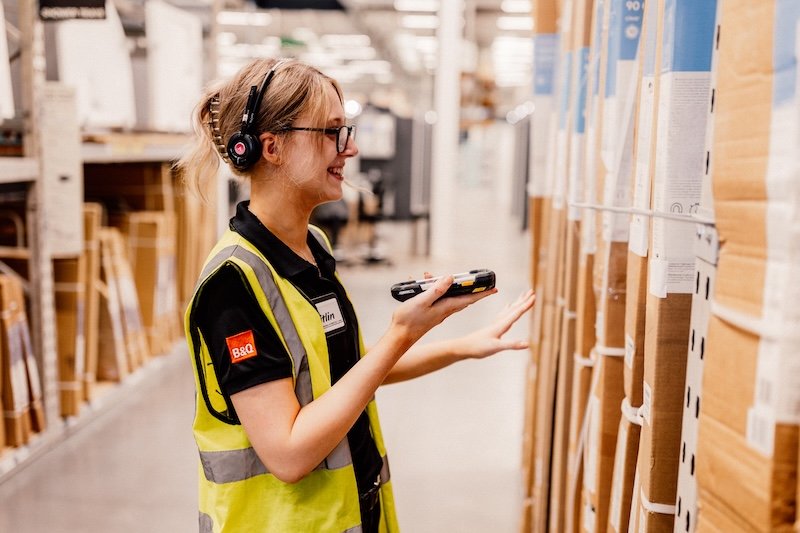
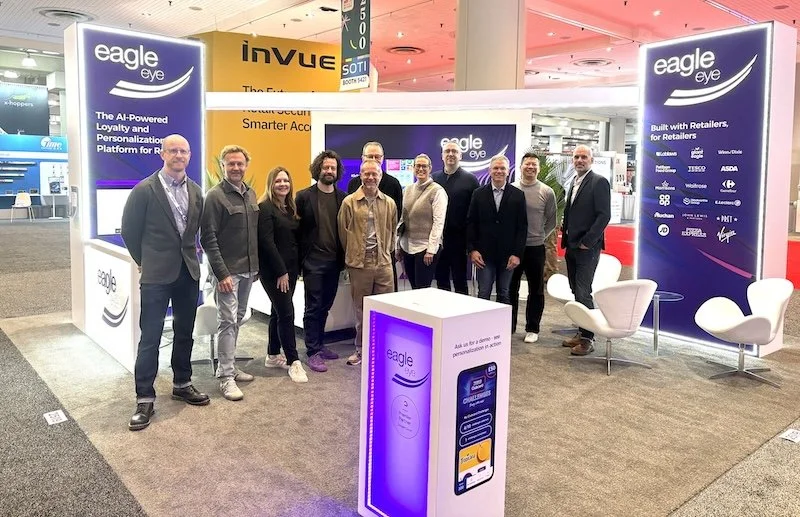
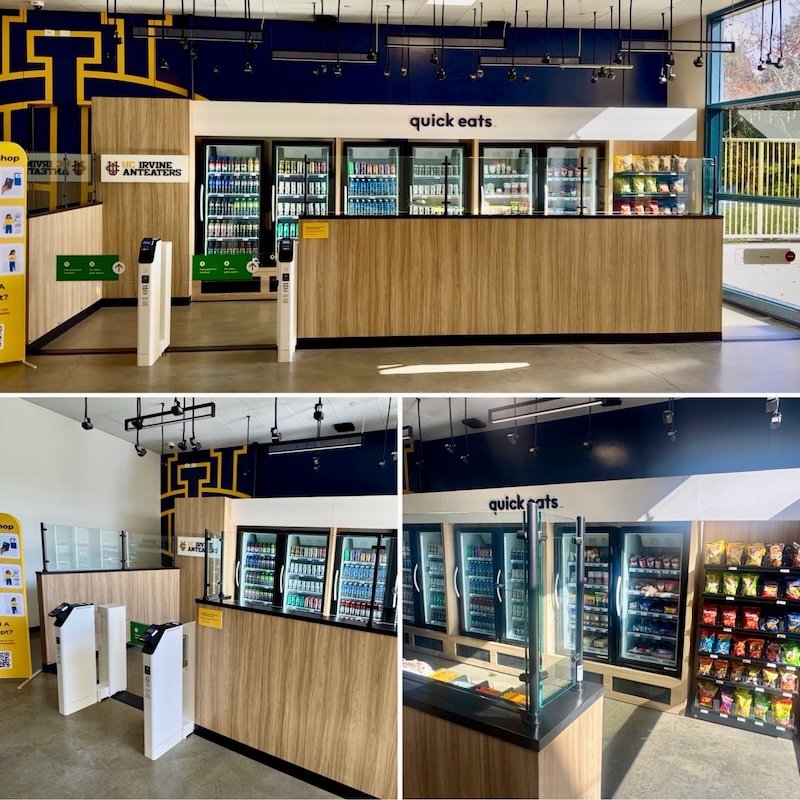
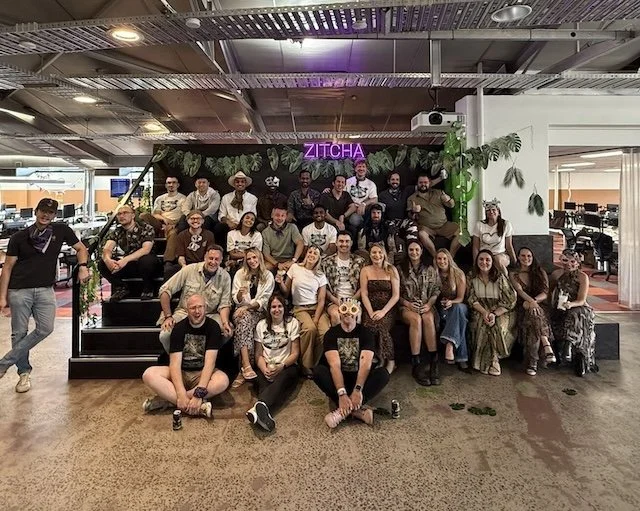





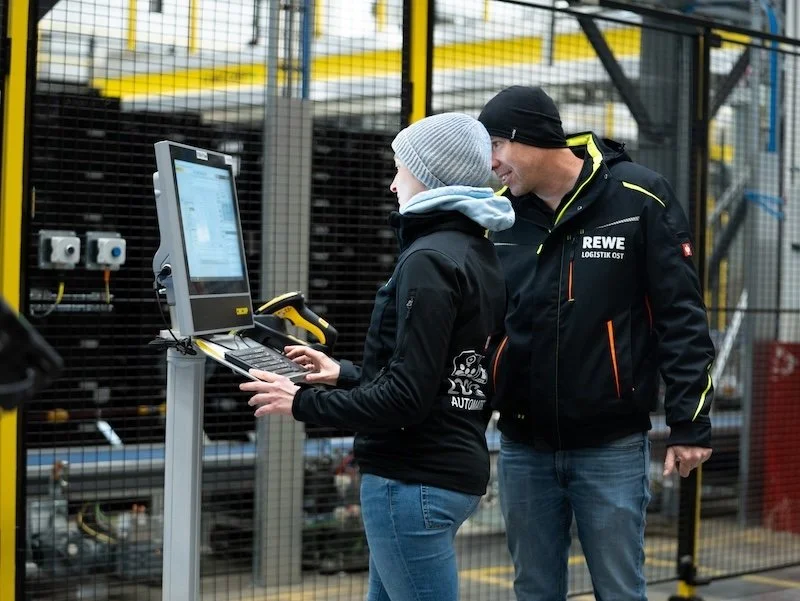



Continue reading…